Against common perceptions most political functions are drably catered affairs. Cheap wine, nuts, chips, maybe of the gourmet Red Rock Deli kind if you are lucky. So, while recently in London, it felt familiar to see the same fare dished up in Westminster.
The mood was different though. An MP made an impromptu speech which culminated with the missive to ‘take down net zero’. This being an event attended by mostly British politicians, loud ‘huzzahs’ went up in response.
Boris Johnson and the UK adopted net zero first and now they are leading the backlash. Almost two years of war has caused climate change in Europe.
Before Ukraine, Europe had grown comfortable on affordable Russian gas. After Ukraine, Europe has been shaken from its slumber. Higher energy prices have crushed family budgets, done the same to the balance sheets of governments as they rush to subsidise them and caused a decimation of major industry. While I was in London another 2,000 jobs were lost when British Steel announced that it had to shut a blast furnace because its plant could not produce ‘net zero steel’.
I drove past what looked like a coal-fired power station but found upon investigation it burned ‘biomass’ to create electricity. Or to say it more clearly, this power station’s owners used petrol-powered chainsaws to clear North American forests, made them into wood chips in a gas-powered factory and then shipped them in diesel-powered ships all the way to the British Isles. Making ‘green’ electricity is dirty work.
Welcome to the home of net zero. The industrial revolution started here and now the deindustrialisation of the West has begun here too.
We could not get into Westminster proper because preparations were underway for the King to reopen parliament. When he did this week, Charles III announced that his government would begin rolling back net zero commitments.
The King, through his Rishi Sunak-led government, showered his subjects with largesse and will let them buy petrol cars and gas boilers for five years longer than he previously permitted. Our World Economic Forum overlords really do treat us as peasants sometimes. It is like we are all playing the role of Oliver Twist, dolefully asking, ‘Please sir, can I have some more internal combustion engine cars?’
The rush away from net zero is no less manic on the Continent. European governments have forgotten their commitment to end fossil fuels. Less than two years after their grand statements at Glasgow, they are now madly rushing to sign new gas deals with more frenzy than your average Taylor Swift fan hunting a concert ticket. Over the past month Dutch, French and Italian companies have all signed 30-year gas deals with Qatar.
The more observant among you will recognise that 30 years from now is three years later than the target date they set for net-zero emissions. Europe’s math does not add up. How are they going to be at net zero in 2050 when three European countries will be receiving at least 8 million tonnes of gas from the Middle East?
The basic problem is that while many countries are talking net zero no country is actually doing it. This month the UN released a report that investigated what twenty of the world’s biggest fossil-fuel producers are doing, rather than what they are saying. The UN concluded that not one of these countries is reducing fossil-fuel production in line with Paris Agreement commitments.
Instead, these countries plan to produce more than double the amount of fossil fuels that net-zero plans require. Net zero is dead bar the shouting.
Europeans are realising net zero’s flaws earlier than most because they are on the frontlines of its impact. European families can see the power bills stuck to their fridges and are wondering how to pay them. Europeans see once-proud families built on factory jobs left with no income and an uncertain future. Europeans can see how their dangerous dependence on authoritarian Russia for their basic energy needs sent a message of weakness and invited aggression in response.
The same trends are underway here in Australia, albeit at a less mature stage. We have the benefit of witnessing the net zero catastrophe unfolding in Europe and doing an immediate U-turn before things get as bad.
Doing that will require political courage. If the Liberal-National parties ever were to rediscover their foundations and reject net-zero socialism, we would be as popular in Canberra as Alan Joyce would be at a shareholder meeting. We would be called all sorts of names; dinosaurs and planet wreckers. We would be blamed for the death of children.
In fact it would all be a bit like what happened when we came out against the Voice. We were called bigots and racists and out of touch with the 60 per cent of Australians who told the pollsters they supported the Voice at the time.
The rest is history. We won the Voice debate because we had a clear, authentic message. We were outspent, out-bullied and (even) outmanned in the major cities. Still we won because our argument was better. Our constitution should unite us not divide us. Simple but effective.
We have another opportunity to take a clear, principled and authentic message to the next election. Cut the cost of living, drop net zero. Why should you pay more just so China can build coal-fired power stations?
Our chances at the next election will rise in proportion to the courage we show. Australians generally do not toss out first-term governments. To overcome that history we need a distinctive message that will resonate with Australians that want a real solution to their cost of living problems and want to regain Australia’s economic strength.
Restoring our energy independence may even let more Australians afford those Red Rock Deli chips when next at the shops.
Got something to add? Join the discussion and comment below.
Get 10 issues for just $10
Subscribe to The Spectator Australia today for the next 10 magazine issues, plus full online access, for just $10.
You might disagree with half of it, but you’ll enjoy reading all of it. Try your first month for free, then just $2 a week for the remainder of your first year.


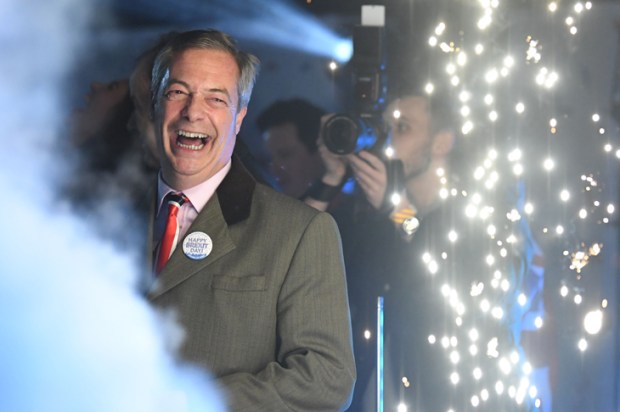
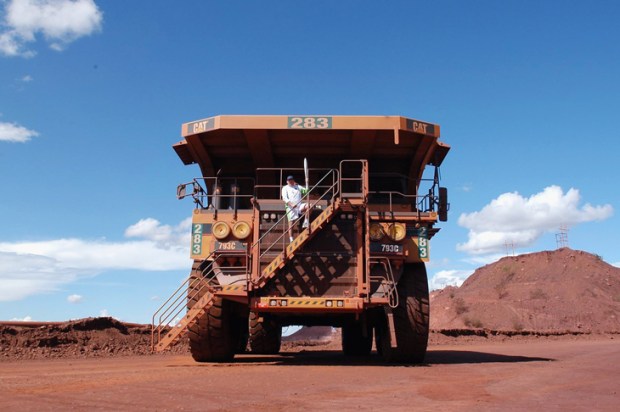
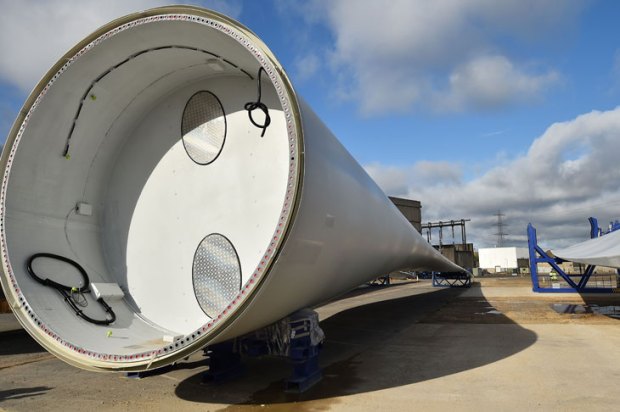
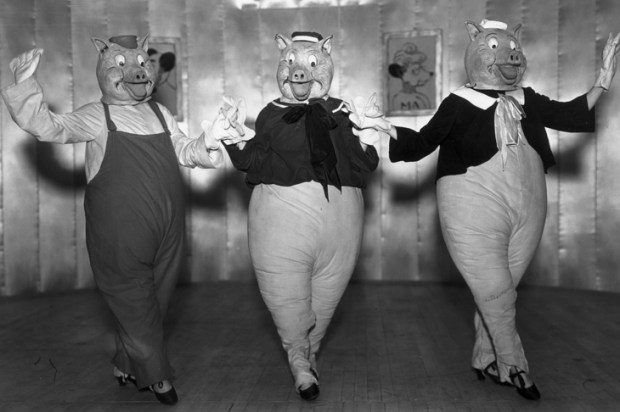
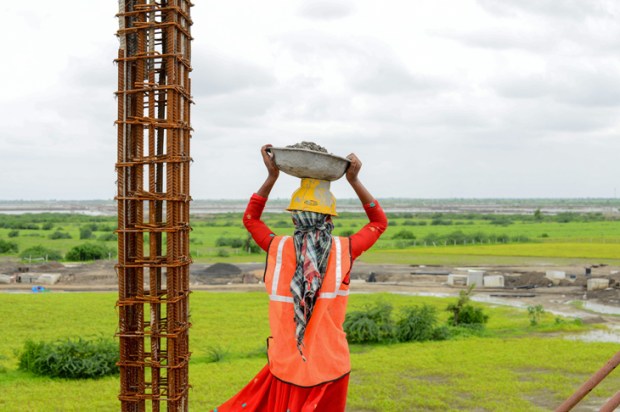
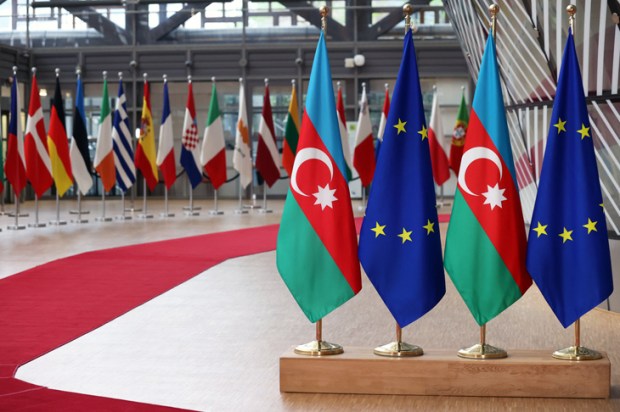






Comments
Don't miss out
Join the conversation with other Spectator Australia readers. Subscribe to leave a comment.
SUBSCRIBEAlready a subscriber? Log in